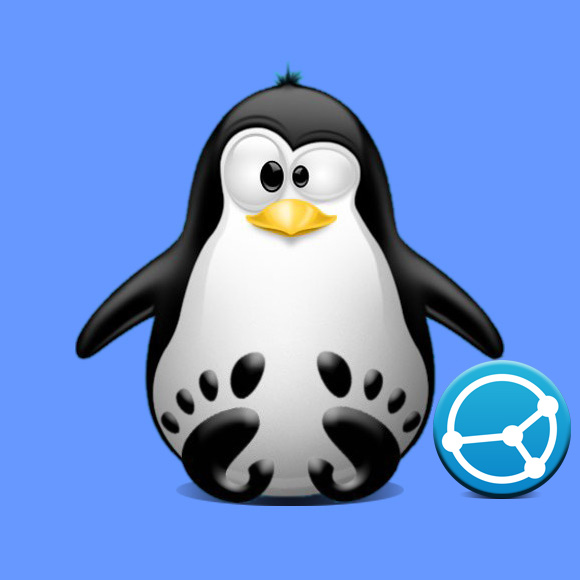GNU/Linux RHEL-based Installing Syncthing GTK – Step by step Guide
How to Install Syncthing GTK UI on CentOS 7.x/8-Stream/9-Stream/10-Stream GNU/Linux desktop – Step by step Tutorial.
And Syncthing for Linux CentOS is a continuous File Synchronization Program.
It synchronizes Files between two or more Computers in Real Time, safely protected from prying eyes.
Moreover, the Syncthing GTK Features:
- Everything what Syncthing WebUI can display
- Adding/editing/deleting nodes
- Adding/editing/deleting repositories
- Restart/shutdown server
- Editing daemon settings
- Half-automatic setup for new nodes and repositories
- Nautilus (a.k.a. Files), Nemo and Caja integration
- Desktop notifications
So this Guide is valid also for all the others RHEL Based Distros like:
- Red Hat Enterprise Linux
- Oracle Enterprise Linux
- Rocky Linux
- AlmaLinux
Finally, this guide includes detailed instructions on Getting Started with Syncthing GTK on CentOS.

1. Accessing Shell
Open a Terminal window
(Press “Enter” to Execute Commands)In case first see: Terminal Quick Start Guide.
2. Setting Up Flatpak
How to Install Flatpak on CentOS
First, check if it’s already there:which flatpak
Contents